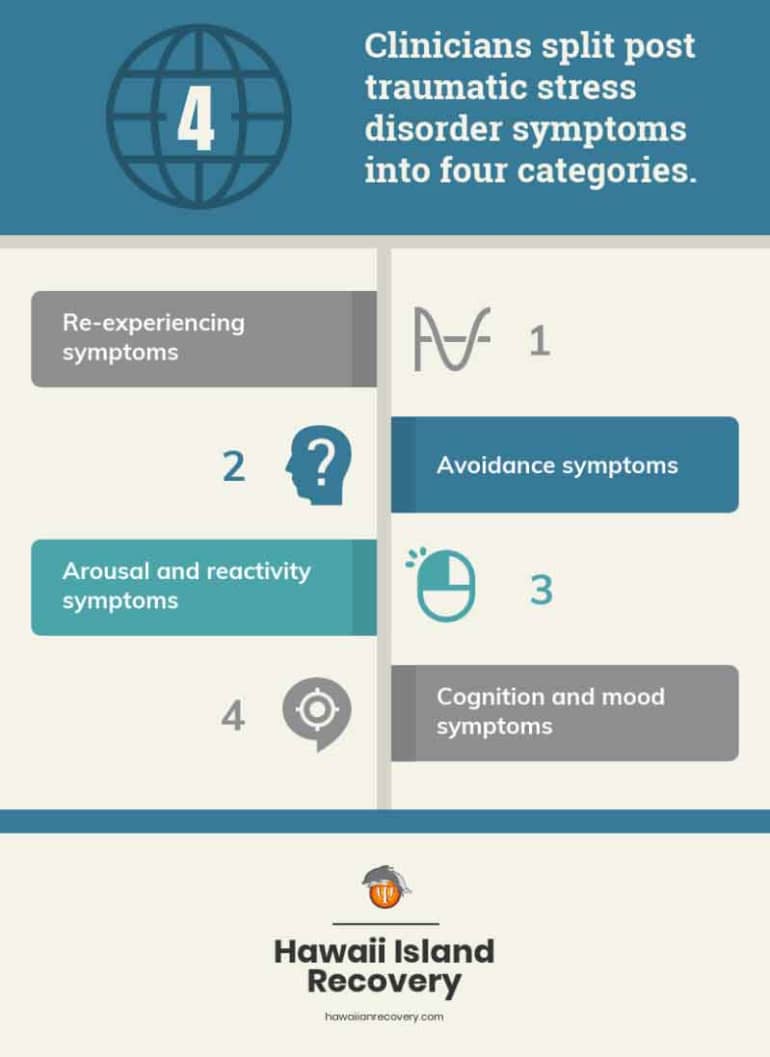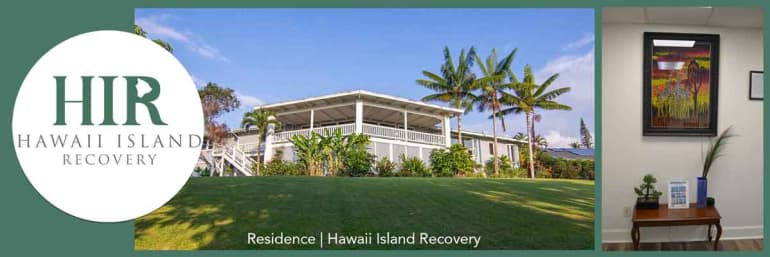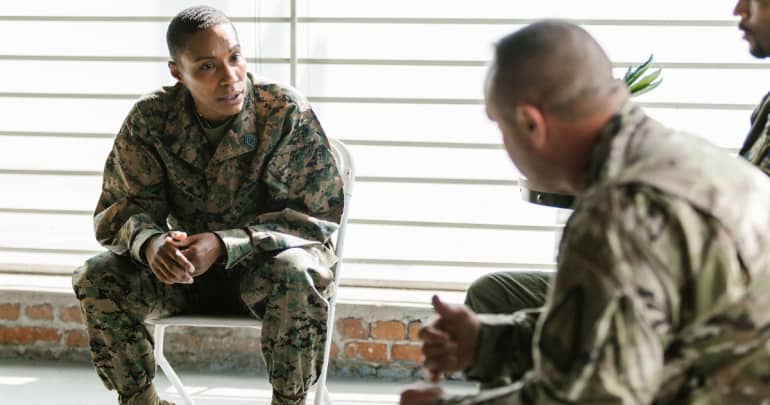Due to the unique experiences of veterans and prevalent stigmas, it can be exceptionally difficult to reach out for help. Trauma, substance use, post-traumatic stress disorder (PTSD), anxiety, survivor’s guilt, and more are all common challenges that veterans must address in their transition to civilian life. However, many may still be reluctant to pursue treatment if they feel they cannot connect with others who sympathize with these challenges. While VA health care benefits can provide relief, there may still be barriers to utilizing these benefits. Knowing what to do if an individual does not have access to these VA health care benefits can empower veterans to take charge of their situation in other ways.
The Importance of Finding Support
Regardless of the challenges faced, veterans must pursue some kind of support following their time in service. Traumatic experiences, chronic pains, and feelings of isolation are all common and can be incredibly difficult to process. Veterans and military families alike can always benefit from finding communities of peers to address these challenges of transitioning from military to civilian life while communicating effectively.
Engaging in VA benefits can be exceptionally helpful during the immediate discharge from active duty and while continuing to address personal needs in veteran retirement. However, not all people may necessarily be eligible for these VA benefits. Yet, without dedicated support, these challenges can continue to affect daily veteran life and the lives of their families.

Stigmas take many forms. Learn to identify, address, and overcome these stigmas in your journey to recovery by calling Hawaii Island Recovery at (866) 390-5070.
More infoEligibility for Accessing VA Health Care Benefits
Not all of those who serve in the military will necessarily be eligible for VA health care benefits. Veterans who served for 24 months and were called to active duty and who did not receive a dishonorable discharge can be eligible for VA benefits. Contacting local VA outposts or calling their hotline can further explore each individual’s eligibility and personal situation.
Those who received a dishonorable discharge for any reason, such as bad conduct, military infractions that warrant severe punishment, or being convicted of a crime that would otherwise be considered a felony outside of military life, may have their eligibility to receive VA health care benefits compromised.
Veterans can address their eligibility status if they were dishonorably discharged by appealing their case through a discharge upgrade, often by pleading their case in the situation if their conduct was informed by factors complicated by military life, such as traumatic brain injury or compromised mental health, such as a diagnosis of PTSD. However, even if an individual is either ineligible for VA benefits or unwilling or reluctant to reach out to the VA for assistance, there are still many options available for veterans to seek treatment for addiction and mental health disorders, PTSD, and more.

Taking Charge of Your Own Health Without VA Health Care Benefits
Even veterans who do not have access to VA health care benefits can still explore options to address their personal needs. Exploring other options and the available programs at Hawaii Island Recovery can help each veteran create a comprehensive and effective approach to a healthy and sober civilian life.
Locate Communities and Establish Peer Relationships
Finding a community of peers is crucial for veterans overcoming trauma or navigating the complexities of addiction and mental health disorders. For some, locating local trauma support groups can be effective in challenging isolation, fear, guilt, and more in civilian life. However, others may benefit from more involved, veteran-specific care programs to truly connect with peers and establish effective coping strategies.
Attending veteran support groups can also help connect veterans to peers, even if the individual themselves is not receiving benefits from the VA. Likewise, online options are always available, both to help veterans find local communities in their area or to connect with others through a digital medium and develop new support networks for addressing trauma, addiction, and PTSD in solidarity.
Pay Attention to Your Health
Veterans are exposed to many challenging situations. Paying attention to physical and mental health needs is paramount for veterans. Some common challenges among veterans include:
- Chronic pains
- Anxiety
- PTSD
- Depression
- Survivor’s guilt
- Transition stress
- Guilt
- Doubt
- Prescription drug use
- Alcohol and drug abuse
Using strategies like regular communication with supports, journals, and more can empower veterans to pay attention to their own health, as well as notice any changes or the frequency of pains or emotional challenges.
Maintaining regular doctor appointments and using family and friends as emotional support is crucial. Professional mental health programs can also help veterans explore communication strategies to acknowledge and communicate health needs, with support groups or outpatient care options available to ensure that veterans are able to maintain daily life and agency while learning more about their own needs and challenges.

Despite what some may feel, there are multiple addiction recovery options that may help you get clean and sober. This article outlies the different addiction recovery options you can explore.
More infoVA Health Care Benefits and the Role of Hawaii Island Recovery
Hawaii Island Recovery is committed to the continued physical, mental, and spiritual healing of veterans following their time in service. Dedicated veteran programs are available to not only address the specific challenges and experiences of veterans who have seen an active warzone or experienced traumatic events on base but also curate a community of peers to deconstruct barriers and provide specialized services to address the needs of veterans.

Hawaii Island Recovery works closely with the VA to ensure that their practices are pertinent and effective for veterans while also working with each individual, their insurance, and their personal situation to provide the most effective and accessible approach to a healthy and fulfilling civilian life. Regardless of each veteran’s eligibility for VA health care benefits, Hawaii Island Recovery stands as a reliable resource to help individuals address and overcome the challenges of daily veteran life.
VA health care benefits can be an amazing resource. However, if an individual does not have access to these resources, that doesn’t mean that they are beyond help, and there are always new avenues to explore in overcoming trauma, PTSD, substance use, and more. At Hawaii Island Recovery, we champion the opportunity to make dedicated, veteran-specific care as accessible as possible, all while also acting as a resource and guide to help you or your veteran loved one take their recovery and healing into their own hands. For more information on how we can help you address the challenges of veteran life or for more information on how we can personalize your recovery, call us at (866) 390-5070.
 Hawaii Island Recovery
Hawaii Island Recovery 










